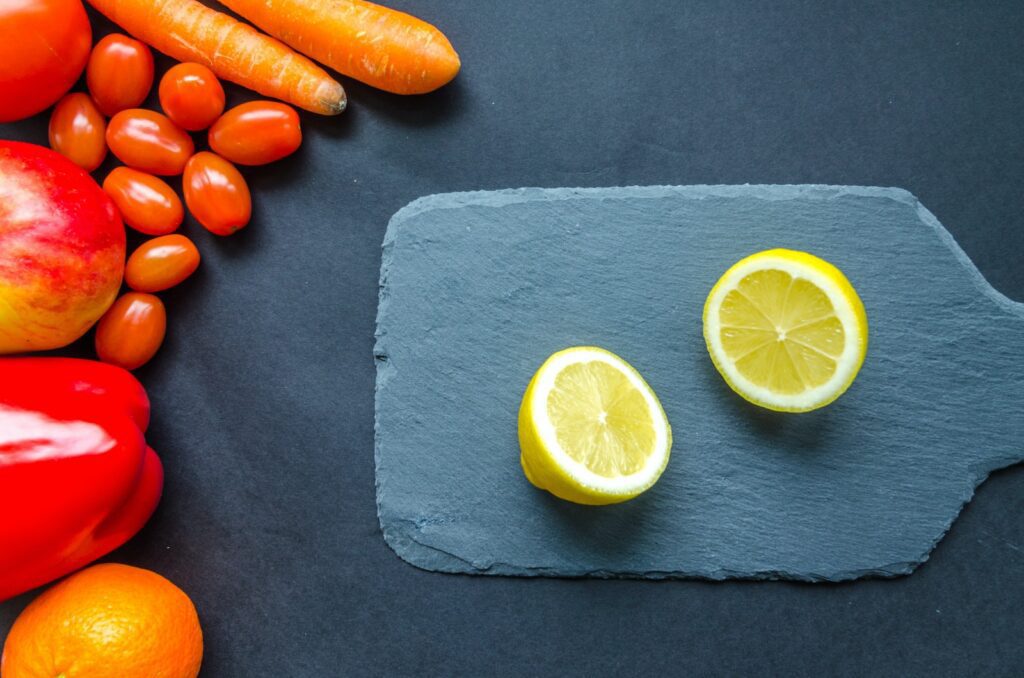When it comes to achieving a radiant, healthy glow, you’ve probably heard the phrase, “You are what you eat.” This age-old adage proves true, especially when we talk about skin health. The nutrients we consume play a crucial role in maintaining the vibrancy and elasticity of our skin. This article will delve into how the foods we eat impact our skin and discuss the essential dietary changes you can make to improve your skin health.
The Direct Link Between Nutrition and Skin Health

From acne outbreaks to premature aging, many skin problems result from imbalances in our bodies. Nutrition holds a significant place in managing these imbalances. The skin, our body’s largest organ, requires a steady supply of essential nutrients to renew itself, ward off damage, and maintain its smoothness and elasticity.
Research published in the journal Dermato Endocrinology shows how vitamins, antioxidants, and other bioactive compounds can prevent oxidative stress, promote skin health, and slow down skin aging. Another study in the American Journal of Clinical Nutrition discovered that a diet rich in fish, vegetables, legumes, and olive oil – essentially a Mediterranean diet – correlates with reduced signs of photoaging, like wrinkles and skin discoloration.
Your Skin’s Nutritional Needs
While it’s tempting to think that there’s a magic food that makes your skin look ageless and flawless, skin health relies on a well-balanced diet. The essential nutrients for skin include:
Vitamin C: Crucial for collagen production, this vitamin can be found in citrus fruits, strawberries, bell peppers, and broccoli.
Vitamin E: A powerful antioxidant, vitamin E fights off skin damage caused by free radicals. Foods like nuts, seeds, and leafy greens are excellent sources.
Omega-3 fatty acids: These fats, present in fatty fish, chia seeds, flaxseeds, and walnuts, help maintain cell membranes, preserving the skin’s natural oil barrier.
Zinc: This mineral supports skin healing and protects against UV radiation. You can find it in meat, shellfish, legumes, and seeds.
The Role of Hydration in Skin Health
Water is vital for overall health, and your skin is no exception. Adequate hydration keeps your skin moist, flexible, and less prone to dryness and flaking. While drinking an adequate amount of water daily is important, hydrating foods like cucumbers, watermelon, and berries can contribute significantly to your water intake.
The Impact of Dietary Choices on Skin Problems
Poor dietary habits can exacerbate common skin problems. Consuming processed foods, sugars, and unhealthy fats can trigger inflammation, leading to conditions like acne, psoriasis, and eczema. According to a study in the Journal of the Academy of Nutrition and Dietetics, people who consumed a diet rich in whole foods, particularly fish and vegetables, had fewer wrinkles and less skin atrophy.
Enhancing Your Skin Health Through Nutrition: Key Takeaways
Investing in skin health isn’t limited to topical creams or spa treatments; it also involves making mindful choices about what you put into your body. For skin that radiates health and beauty:
- Incorporate a variety of nutrient-dense foods into your diet, focusing on fruits, vegetables, lean proteins, healthy fats, and whole grains.
- Stay hydrated by drinking enough water and eating water-rich foods.
- Limit your intake of processed foods, sugar, and unhealthy fats to reduce inflammation.
To quote nutrition expert Rania Batayneh, “Beautiful skin starts from the inside out.” By incorporating these nutrition principles, you’re not just feeding your skin; you’re investing in your overall health. After all, good nutrition is a critical part of leading a healthy lifestyle. Healthy skin is just the glowing bonus.

